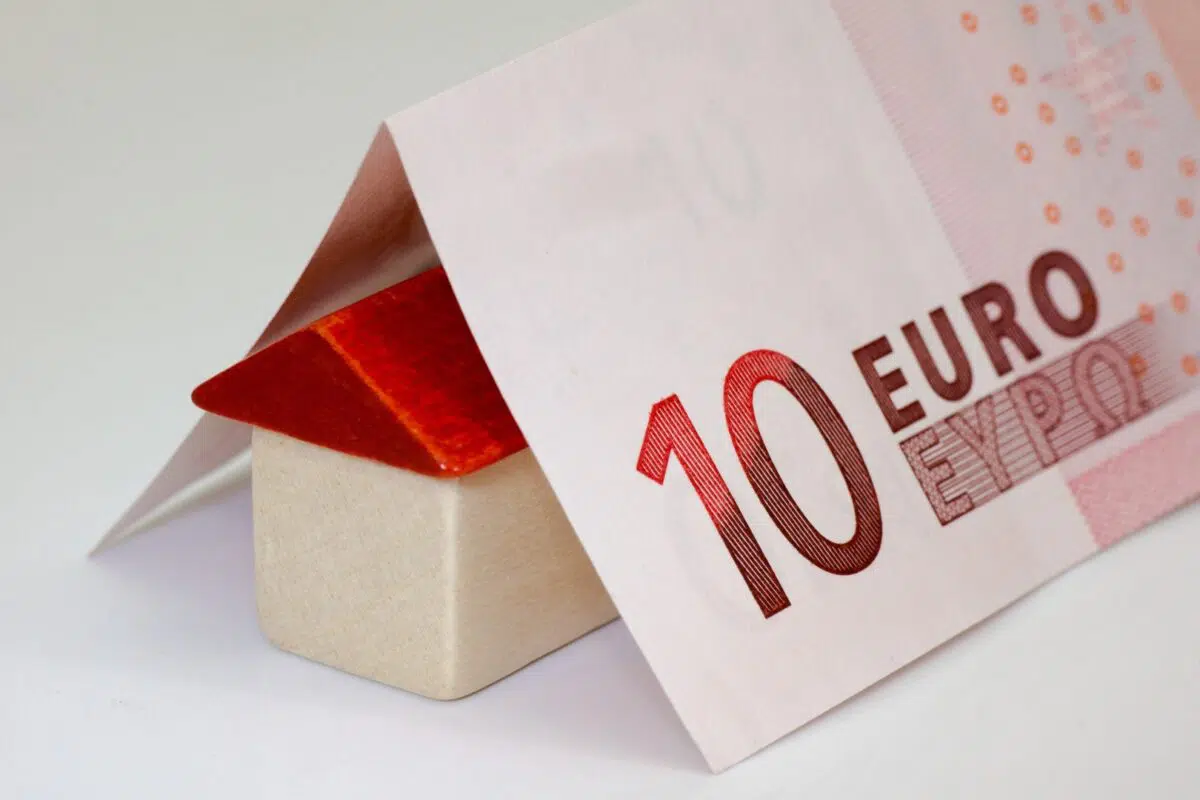Yep – Springtime in France brings warm, sunny weather, green gardens – and taxes! We take this occasion every year to remind our community that if: 1) you are a French resident, or 2) you receive French income (eg, rental), you must file a French income tax declaration.
Do I need to file a French tax declaration?
There is residency in terms of immigration and residency in terms of fiscality. How do you know whether you’re a French resident for tax purposes? You are considered to be ‘fiscally resident’ in France if you spent at least 183 days in the country during the calendar year (Jan-Dec). Even if that is not the case, you could still be considered a fiscal resident if any of the following conditions apply, according to Article 4B of the Code Général des Impôts (CGI):
- Your main home is in France
- You spent more time in France than any other country during the calendar year
- Your spouse and children live in France (even if you work abroad)
- You are working in France, either as an employee or for yourself
- Your main economic interests are in France.
What income do I need to declare?
If you are considered fiscally resident in France, you will need to declare your global income, regardless of where it was earned or whether you’ve already paid tax on it in another country*. You may very well end up owing zero income tax in France, but you are required to file the declaration on time. If you are not a fiscal resident but still have French income, you would only declare income earned in France on your French declaration.
Types of revenue are subject to income tax:
- Wages, earnings, salaries
- Unemployment benefits
- Business or rental income
- Non-commercial or agricultural profits
- Capital gains, investment income, savings interest
- Pensions and annuities
- Income from stocks, shares and dividends
*But I already pay tax in my original home country on some or all of this income
You still need to file an income tax return in France, even if you also file in another country. The income tax you paid outside of France will be declared along with the income, so you will not pay twice. France has ‘double taxation agreements’ or treaties with many countries to avoid residents paying tax twice on the same income. For example, if your retirement income is already taxed at source in the UK, you will not pay tax on that income again in France. Many in our community owe zero income tax in France, but they still have an obligation to file a return.
If your tax situation is complicated, it is definitely worth finding a good accountant with knowledge of your country’s tax treaty. Renestance can recommend English-speaking accountants.
Why should I do a French tax declaration if I won’t owe any tax?
First of all, if you are a resident or earn income in France, you have a legal obligation to file an income tax declaration. Ignorance is not an acceptable excuse, and you could face penalties for not filing! Secondly, the tax notice (avis d’impôts) that you receive a few months after the declaration is what we call ‘administrative gold’. It proves your residency, that you are paying taxes (and therefore abiding by the law!), and can be used as proof of financial resources. It facilitates almost every administrative task in France, including renting or buying a home. Also, if you want to apply for permanent residency or French nationality, you’ll need to show at least five avis d’impots. There are also many tax advantages in France that you can only access once you have a tax ID.
When do I need to file?
For people who have opted for paper declarations, pre-filled paper forms will start going out on Thursday, 6 April, and their deadline is 22 May, 2023. From Thursday, April 13, it will be possible to complete your tax return online for the year 2022. Non-residents with French income must submit their declarations before 25 May, 2023. The deadline for online declarations depend on the department of residence (see table below):
| Departments | 2023 Deadline Date (by 23:59/11:59 pm) |
|---|---|
| 01 to 19 | Thursday, 25 May |
| 20 to 54 | Thursday, 1 June |
| 55 to 976 | Thursday, 8 June |
How do I file my declaration?
Currently you declare on the PREVIOUS CALENDAR YEAR’S revenue and expenses. So this year (2023) you will be declaring according to your situation between 1 January – 31 December 2022. Unmarried couples should complete separate tax returns. If you are PACSed (similar to a civil union) you can choose whether to make joint or separate tax declarations.
If you have declared previously, you will receive your online link to complete for this year, with some of the fields pre-filled for you. If your situation has changed in any way, you need to ensure that your tax declaration reflects this; whether you have moved and your address is different, or your financial situation has altered.
- If you changed none of the pre-filled fields in last year’s declaration, and nothing changes again for this one, your declaration can be automatically filed this year – you have nothing to do!
Here is the link to the Government tax site for declaring taxes: https://www.impots.gouv.fr/portail/.
Filing for the first time
If you are filing for the first time in France, and you don’t have a tax ID, you need to contact the tax services (SIP – Service des impôts des particuliers) to request a tax number.
Tax Information Service
- By telephone :
0809 401 401
Monday to Friday from 8:30 a.m. to 7 p.m., excluding public holidays.
Free service + call price
You must provide the following information to verify your identity:
- Last name, first name, postal address, email address
Copy of an identity document
You can also contact your tax office by one of the following means:
- At the counter
By letter
You will receive your credentials to create your personal space on impots.gouv.fr. You can then log in to your space to declare your income online. If you cannot file online, you must file a paper tax return.
How can I reduce my income tax bill?
You may be able to benefit from tax credits (crédit impôts), allowances and other concessions. For example:
- La Prime d’Activité – You may be eligible to receive this if you are working and your income is below a certain level;
- If you implement energy conservation features in your home;
- If you invest money in an assurance vie investment policy (This is a certain type of savings investment account with tax benefits and not term life insurance that pays out on your death);
- If you contribute to certain pension plans;
- If you give to charity;
- Other tax credits are available for employing domestic help, child-carers (for children under 6), school fees for collège and lycée;
- If you declare rental income and expenses;
- Property purchase schemes (défiscalisation) that have attractive tax breaks, such as the Loi Pinel.
Here’s an informative article from our partners at French Busines Advice about the Finance Act of 2023: https://www.frenchbusinessadvice.com/finance-act-2023-personal-taxation/
After submitting your declaration on time, you should receive your tax statement – ‘Avis d’impôts’ – at the end of July, unless you are a first time declarer, in which case it may be a month or so later. If you owe anything, the deadline to pay will be in September.
Where can I find help?
IIf you are looking at your ‘Déclaration d’impôts sur le revenu’ form and scratching your head, you may want an accountant to help you. But you need to do this quickly, as you won’t be the only one looking for an accountant right now, and English-speaking ones are rather rare. Contact Renestance for a recommendation.
Alternatively, if you speak French, you can ask your local SIP or Centre des Impôts for help (see phone number above).
Good luck and remember, Renestance is always here to help with your French administrative questions!
Dennelle is the President of Renestance and a bilingual American who’s lived in France since 2000. She loves so many things about France, its language, culture, geography, quality of life... that she started a business to help others realize their dreams of living in this incredible place.
All articles by: Dennelle Taylor Nizoux




